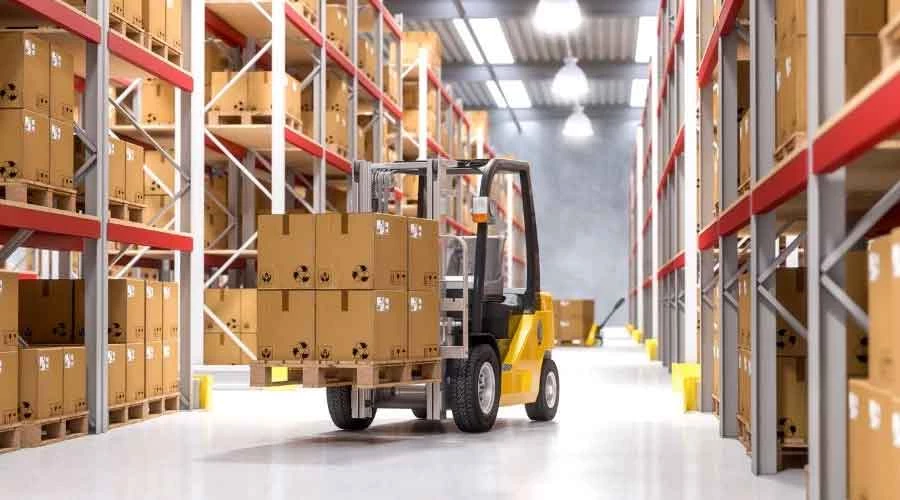
Material Handling means handling the materials. The term “handling” refers to a range of activities, including the loading, unloading, and shipping of goods, within a factory or warehouse with the help of machinery or equipment.
In a broad sense, it also refers to the protection, storage, and control of goods and products throughout the production, storage, distribution, use, and disposal process. As a process, it integrates a wide range of used, semi-automated and automated systems as well as systems that support the layout of objects and make the supply chain operations.
From a manufacturing perspective, Material Handling is often regarded as a special function of modern production units. From then on, inputs or raw materials enter the industrial sector and exit the team in the form of finished products, these are treated at all stages within, whether, on the floor of the store or in stores.
Material Handling plays an important role in property management. Almost all commercial goods are shipped by freight truck or by lift or another type of machine or equipment to manufacturing factories, warehouses, and grocery stores. Here are some importance of it
• Improving the efficiency of the production system by ensuring the right amount of material
• Reducing indirect operating costs
• Reduce material damage during storage and movement
• Increase space utilization by efficient storage and thus reduce maintenance and handling costs
• Reduce risk during handling
• Reduce total costs by improving inventory
• Improving customer service by providing quality management services
• Increasing efficiency and equity of machinery and equipment with key materials handling features
Material handling equipment is anything you use to help move, protect, store, or control the resources in your area.
At 13SQFT.com, we divide Material handling into five different categories. Each section includes a variety of useful tools that make moving heavy or large objects safer and easier.
Orders Pickers:
Order Pickers refer to valuable items used by employees to navigate warehouses and select order goods. This includes tools such as order picker platforms and stock pickers that can be customized to the size of your warehouse space size.
Safety Baskets:
Safety Baskets refer to metal baskets that lift products or workers into the air in a workplace or work area. This includes equipment such as rescue baskets, material baskets, construction baskets, cranes, and forklifts for the safety of your working people.
Dock Utilities:
Dock Utilities refers to a device that helps your site to load or unload trucks back to your warehouse. These include equipment such as dock bumpers, dock boards or dock plates, and dock ladders, designed to protect your dock and staff as they transport heavy loads by hand cart or forklift.
Forklift Attachments:
Forklift Attachments means accessories that attach to your forklift to assist with a moving product. This includes attachments such as carpet poles, drum handles, and forklift forks, which are designed to make your work more efficient by delivering heavier or larger products, which will increase productivity.
Safety Products:
Safety Products refer to safety equipment that is intended to prevent damage to property and injury to employees. This includes equipment such as gas cylinder cages, over-the-door track guards, and safety boards designed to keep your space safe while equipment and vehicles are moving.
Conclusion:
Our goal is not just to sell products, we want to make sure that your Material handling practices are good and appropriate for your business. At 13SQFT.com, we have various material handling equipment like Crates & Bins, Pallet trucks, Lifting Equipment, Dock levelers, Forklifts, and cranes. We provide you with the right materials handling to suit your business needs! Visit 13SQFT.com to know more.
POSTED BY
Team 13SQFT